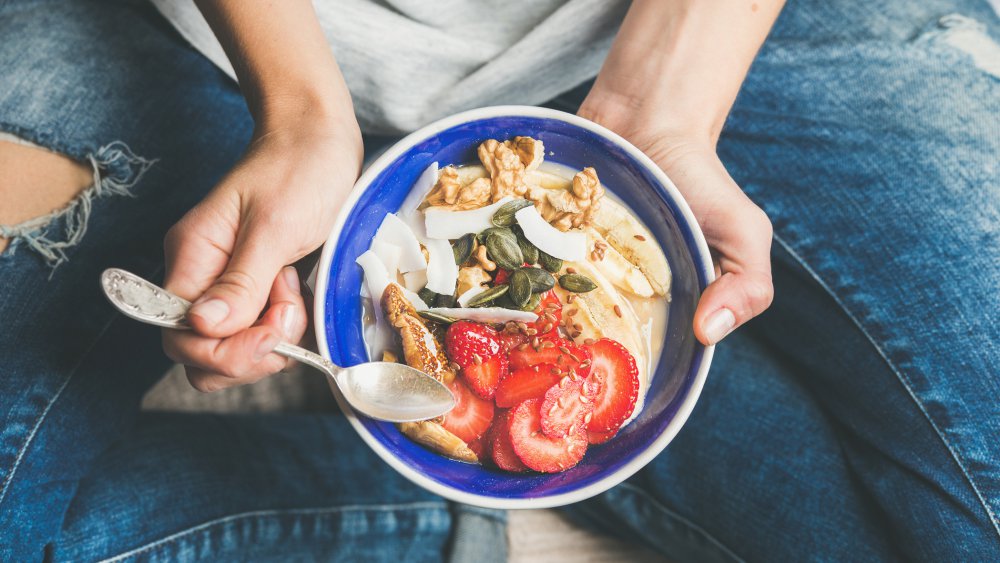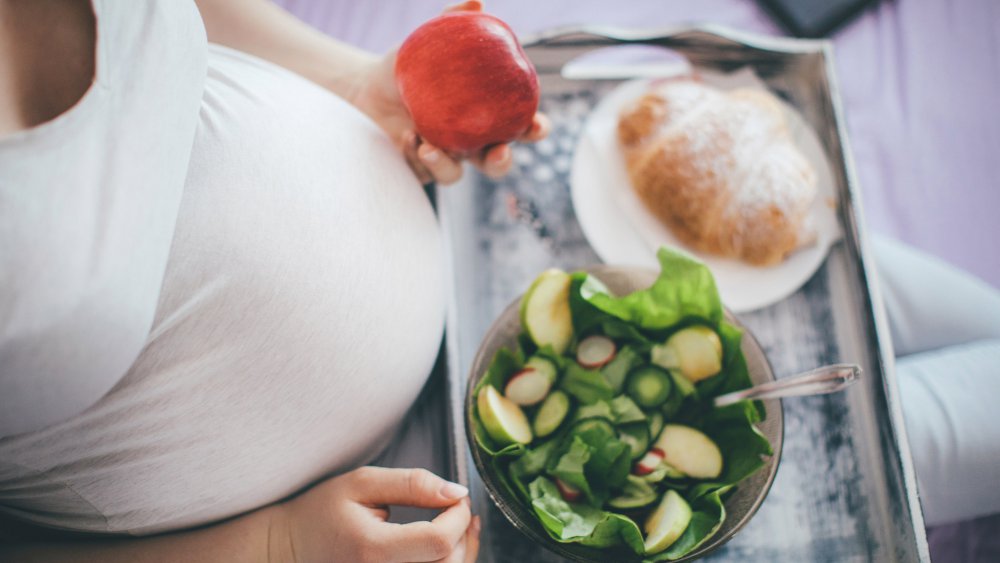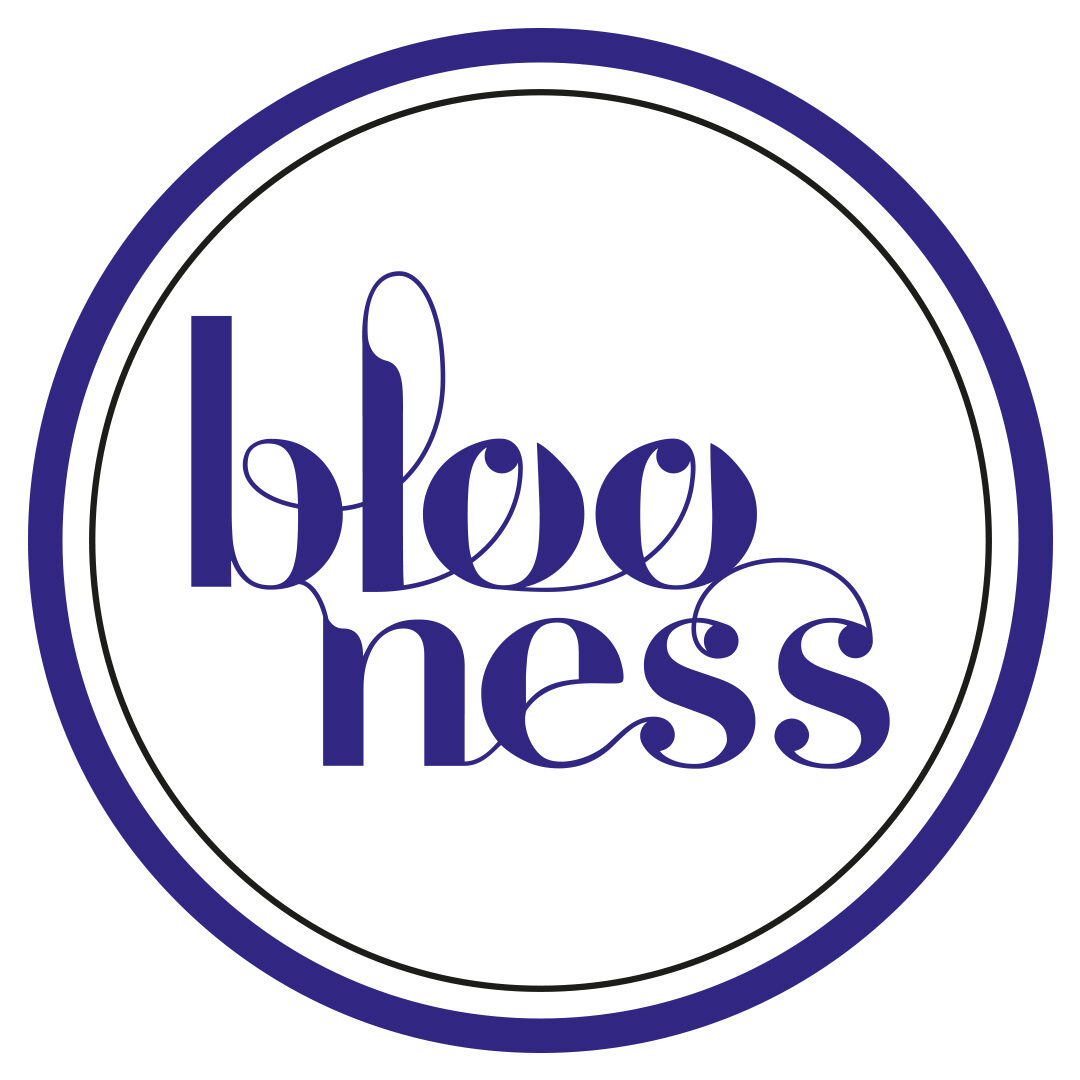Do you have beautiful, soft, smooth skin that radiates health? Then you're certainly not lacking in zinc! Known for its action on all skin problems, zinc, in addition to being an essential trace element for the skin, rejuvenates our cells.
It also participates in other organic functions such as the immune system, the nervous system, the healing process and the prostate. For all these reasons alone, zinc deserves our full attention.

Zinc properties
Zinc represents the equivalent of around 2g of our total weight. This trace element is more concentrated in muscles (65%) and bones (20%).
Its presence in all cells is undeniable, with high levels in sperm, adrenal glands, prostate, skin, eye membranes, parts of the brain and pancreas.

Zinc is a salt mineral essential to the life of the organism, even though it exists in very small quantities in our bodies.
This content is part of the guide Blooness, the guide to the ideal human diet, the summary of which you can find here 🌱🥑
It is used in the manufacture of hundreds of vital enzymatic processes in the body, including DNA production, the synthesis of proteinsIt also plays a vital role in our growth and development. It also plays a vital role in our growth.
Zinc's role in the body
Zinc is essential for DNA and RNA synthesisThese are the carriers of heredity which control the formation of all our proteins. It is particularly necessary for rapidly dividing cells such as immune system cells and digestive tract cells. It also ensures our growth and development from pregnancy to birth, through childhood and adolescence.
French-speaking subscribers will receive the newsletter in French, and all others will receive an English version.

We need a good supply of zinc to ensure that our body functions properly. immune system. A zinc deficiency also makes us more prone to infectious diseases. Vulnerability and declining immune function in the elderly are even linked to zinc deficiency.
Zinc is also indicated for reducing the duration and severity of colds, as well as acne symptoms.
The right amount of zinc
In general, a normally constituted adult needs 12 mg (women) to 15 mg (men) of zinc per day. In certain cases, a zinc supplement is necessary, especially for people with skin problems, athletes, pregnant and breast-feeding women.
- For teenagers, the recommended zinc intake is between 11 and 14 mg/day.
- In the womenrecommended intakes are 7.5 mg for a diet rich in animal products; and 11 mg for a diet rich in plants.
- In the menIt is generally recommended that you 9.4 mg for a diet rich in animal products; and 14 mg for a diet rich in plants.

Zinc-rich foods
Oysters are the main source of zincIt contains 70 mg per 100 g. Zinc requirements can be met by eating shellfish and red meat, cereals egg yolk and vegetables.

In general, the body absorbs between 15% and 40% of zinc from food.
Zinc content of foods
In general, zinc of animal origin is better assimilated (up to 40%).
| Food | Zinc content in mg per 100 g of feed (2) |
| Oyster | 21,3 |
| Cooked veal liver | 13,2 |
| Braised beef | 10,5 |
| Rye bread | 10 |
| Maroilles | 9 |
| Morbier | 7 |
| Unsweetened cocoa powder | 6,9 |
| Cooked chopped steak | 6,4 |
| Cooked lamb liver | 6 |
| Crab | 5,7 |
| Cashew nuts, pine nuts | 5,4 à 5,6 |
| Comté, Parmesan | 5,1 à 5,3 |
| Simmered veal or cooked veal kidney | 4,9 |
| Pecan nuts | 4,7 |
| Cooked pork shoulder | 4,2 |
| Cooked chicken liver | 3,9 |
| Grain or wholemeal bread | 3,6 à 3,9 |
| Cooked ham | 3,2 |
| Flaky Müesli | 1,9 |
| Cooked egg | 1,3 |
| Lentils, white beans or cooked chickpeas | 1 |
Zinc deficiency and excess: causes, symptoms and risks
Zinc deficiency is more common in vegetarians, as zinc of plant origin is less easily assimilated by the body. The main signs of zinc deficiency are feeling very tiredthe loss of weight and appetiteThese include sensory disorders, skin problems, brittle nails, learning difficulties, stunted growth and impotence.
Vigilance is essential in the event of flu, cold or any other infection that may reduce zinc levels in the body. But the main sources of zinc deficiency are inadequate dietary intake and impaired digestive absorption.

Zinc deficiency in pregnant women can lead to premature birth of the child, malformations of the nervous tract and, later, to delayed psychomotor development.
On the other hand, excess zinc can cause nausea, fever and vomitingdue to interference with the absorption of other trace elements, and minerals of the organism.
Interactions with other nutrients, minerals and medications
Zinc absorption is facilitated by organic acids, but reduced by phytic acid. It is therefore recommended to give preference to the zinc contained in meats over that in cereal products.
Certain drugs also reduce zinc levels in the body: oral contraceptives, anticonvulsants, hormone replacement therapy, certain vasodilators, chelating agents, thiazide diuretics and antacids.
All zinc supplements must be taken in consultation with a physician. Some multivitamins do not contain them, others contain themat doses covering the recommended daily allowance (around 10mg), and there are also some containing up to 150% of recommended intake. That's why you shouldn't take several food supplements without consulting your doctor!



